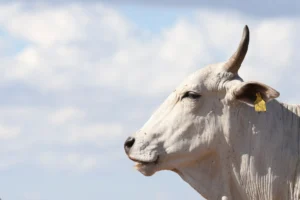
Can COP30 change the future of cows and climate in Brazil?
At COP30, the world’s eyes are on Brazil, and the cattle ranchers leading a global transformation.
The official theatrical trailer has been released for “World Without Cows,” a new documentary that examines the multifaceted and often surprising ways cattle impact our world. Through interviews with those on the frontlines of agriculture and environmental science, “World Without Cows” explores the cultural and economic significance of cows, their role in nourishing the world and their impact on climate.
Prompted in part by the prevailing negative — and unscientific — narrative surrounding cattle, this compelling exploration was led by Michelle Michael and Brandon Whitworth, two journalists who now work in agriculture. Three years ago, they set out on an adventure that took them to more than 40 locations around the world — from the American heartland to Kenya, India, Brazil and beyond — as they sought to answer a seemingly simple question, “Are we better off in a world without cows?”
Along the way, they tapped into a global network of agricultural and environmental scientists, farmers, ranchers, academics and other experts who offered an up-close look at the impact of cows on our world and the potential consequences of their removal. What they found was far from simple: When it comes to cows, it’s not black and white. Humanity’s reliance on cattle is more complex than often realized, and so, too, are the conversations at global and local levels about their role in enabling people and planet to thrive.
“I never thought that we would be the ones to tell this story,” Whitworth said.
“But the more we learned, it was like we didn’t have a choice,” Michael added. “We had a responsibility. We had to tell this story. Literally around the world, farmers just opened their doors to us.”
“We talked to literally dozens and dozens of people around the world — various experts in a number of different fields,” Whitworth continued. “And we posed the question: What does a world without cows look like?”
The resulting documentary, “World Without Cows,” features a diverse group of experts who explore the impact of cattle from a cultural, social, economic, nutritional and environmental perspective. This science-led discussion highlights the profound dependence on cattle in many regions of the world, the challenges of nourishing an ever-expanding global population, the essential value of animal protein, and the relationship between cattle and the environment, including their impact on biodiversity, soil health and carbon capture.
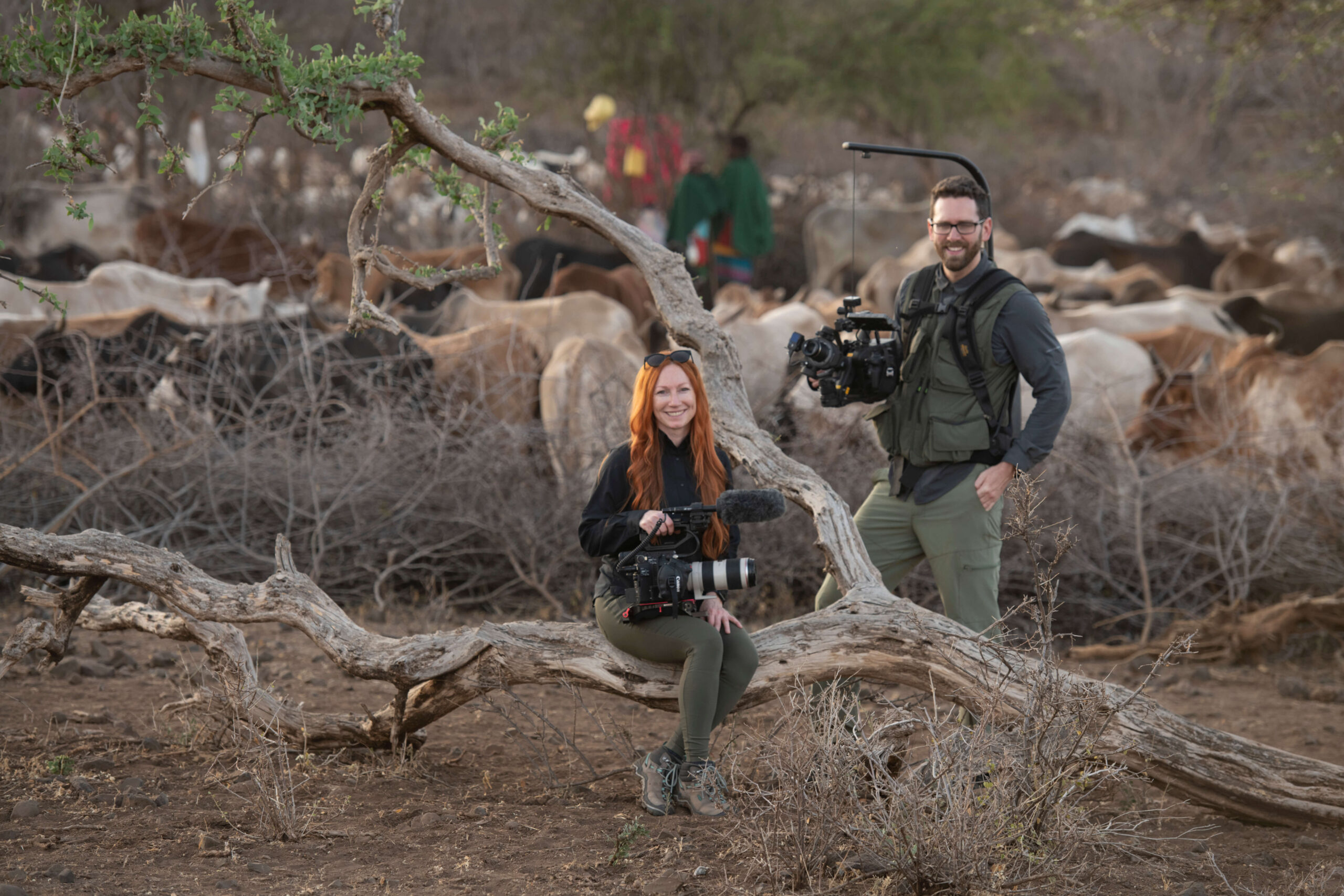
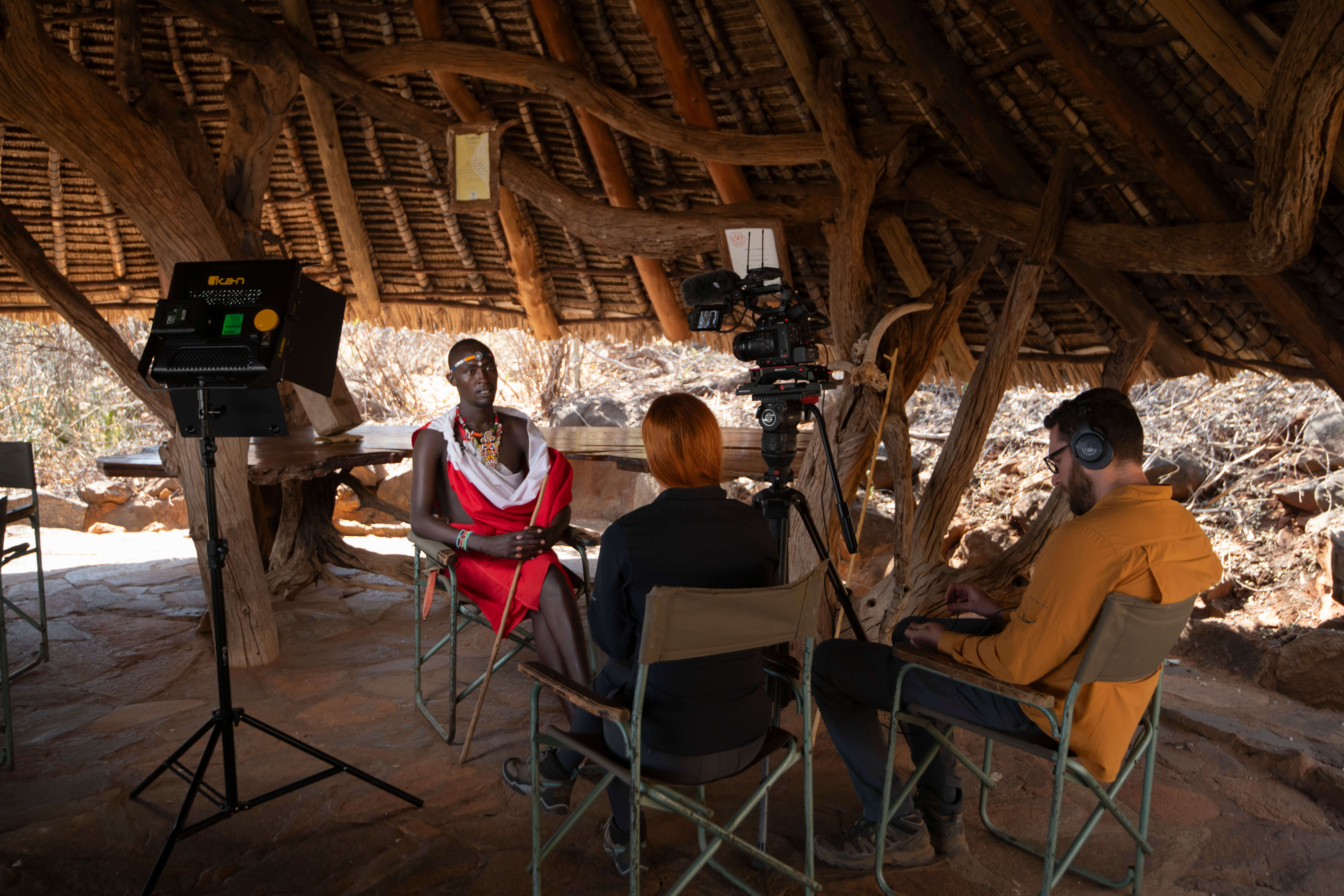
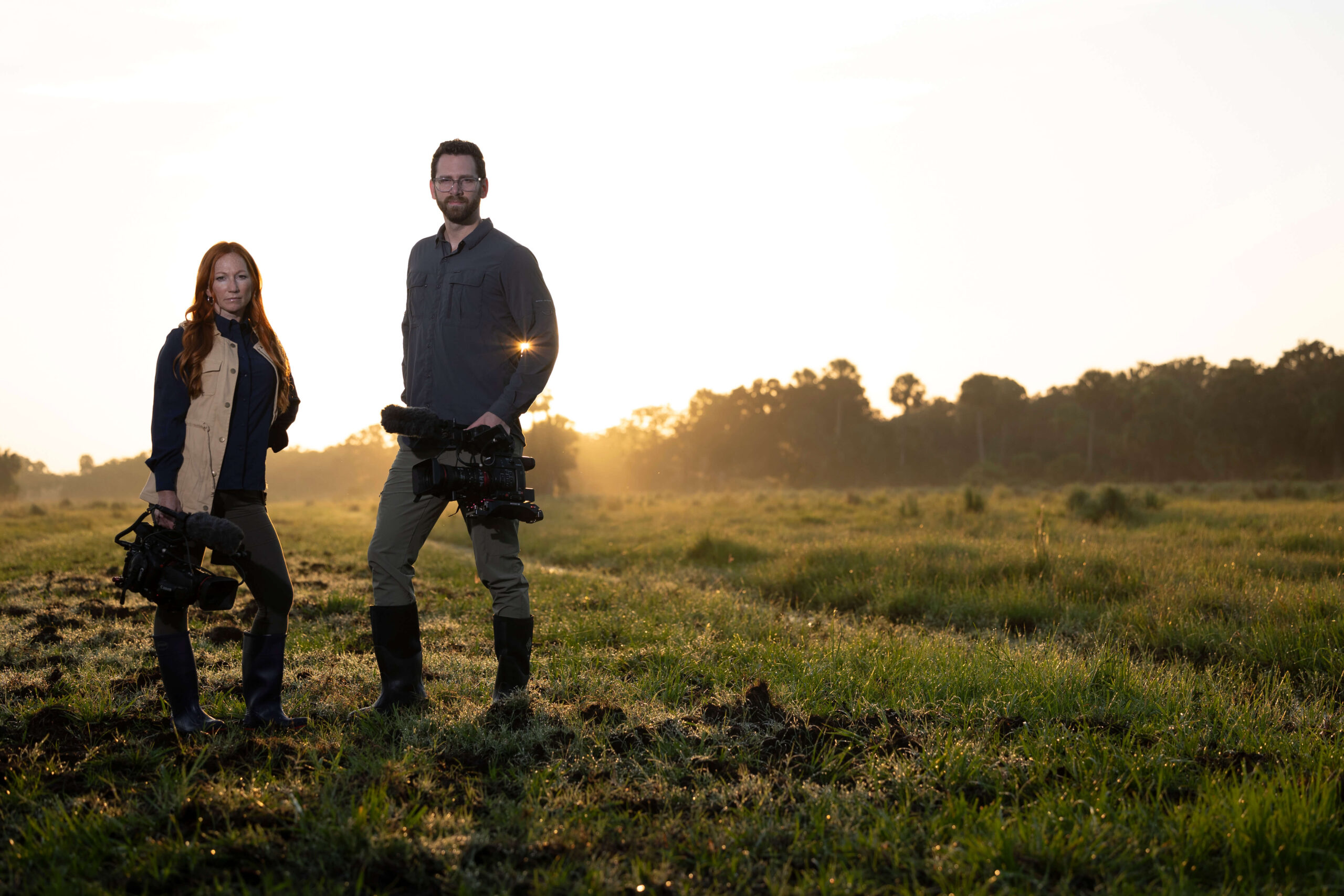
The 85-minute documentary aims to broaden the conversation, encouraging viewers to think more deeply about how cattle impact our world and discover that there’s much more to consider when it comes to cattle and the vitality of our planet.
“This isn’t just an opinion-based conversation where people are yelling their own thoughts and opinions at you,” Whitworth said. “These are doctors, Ph.Ds., farmers, ranchers and people who have firsthand experience and education in all these areas. It’s facts. It’s science.”
One of the experts Michael and Whitworth consulted is Jack Bobo, a food futurist and director of the Food Systems Institute at the University of Nottingham.
“For 10,000 years, farmers and ranchers have been asked to do one thing, and that’s produce more food,” Bobo said. “We’re adding a billion people every 11 or 12 years. The challenge is, every day between now and 2050, it gets harder to feed the world.”
Justin Sherrard, a global strategist at Rabobank, estimates that about one in 10 people in the world depends on cattle for their livelihood directly — more than 800 million people.
“Ultimately, we’ve got to address every part of the global food system,” he said.
Dr. John Lynch, a climatologist from the University of Oxford, said scaling down greenhouse gas emissions is urgently needed.
“What’s the world going to look like in 30 or 40 years if we just carry on heating up the planet and making these more extreme events occur more often?” Lynch asked
“I think we could go a do a survey, and many people would say, yes, cows are the worst thing in the world for the climate,” he continued. “Cows are not the biggest contributor to climate change. That’s still fossil fuels.”
Dr. Frank Mitloehner, a professor and air quality specialist who leads The CLEAR Center at the University of California, Davis, addresses global land availability, greenhouse gas emissions and the impact of cattle on climate.
“I’m not a person telling you livestock has no impact, or that it’s a tiny impact,” Mitloehner said. “Like every part of society, animal agriculture needs to do its part and help reduce our impact on climate. We can and we should do that. But we should not make up stories of these animals being responsible for the majority of emissions. They’re not responsible for the majority of emissions.”
Visit worldwithoutcows.com to see who else is featured, view the official trailer, sign up for updates about the film and learn more about cattle and our lives, livelihood and planet. The website features a deeper exploration of the topics explored in “World Without Cows,” as well as resources and opportunities to support turning this movie into a movement — one of broader, science-based conversations about cattle.
To learn more about the filmmakers’ experiences and hear insights from their travels around the world, watch their behind-the-scenes video, “The Making of World Without Cows.”
Visit worldwithoutcows.com to sign up for updates, find out when this documentary is coming to a screen near you or request a screening.
For more information and interview requests, please contact press@worldwithoutcows.com.

At COP30, the world’s eyes are on Brazil, and the cattle ranchers leading a global transformation.
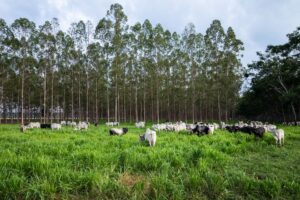
Restoring 40 million hectares of pasture could feed billions and ease pressure on the Amazon. Is the world paying attention?
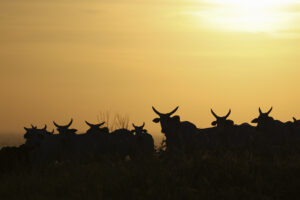
New mini-doc explores deforestation, food security and the Brazilian cattle sector’s path to a more sustainable future
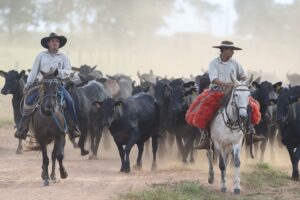
Mention Brazilian beef, and you’re likely to spark discussion about familiar themes: deforestation, emissions and blame. What do we find when we dig deeper? Here are the answers to five top questions about Brazil’s role in protecting the Amazon and feeding the world.
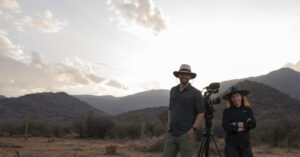
From science to the big screen: Discover how a single question grew into a global journey.
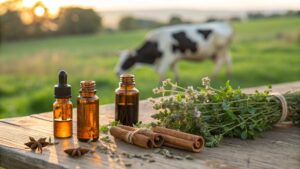
The role of essential oils like thyme, oregano and clove in reducing methane emissions from cattle.
As climate change intensifies and the world’s population continues to grow, the pressure on our global food production system mounts. You can play an active role in shaping a more sustainable planet for future generations. Fill out the form below to learn more about how you can partner with us.
Receive notifications about the release date, new online content and how you can get involved